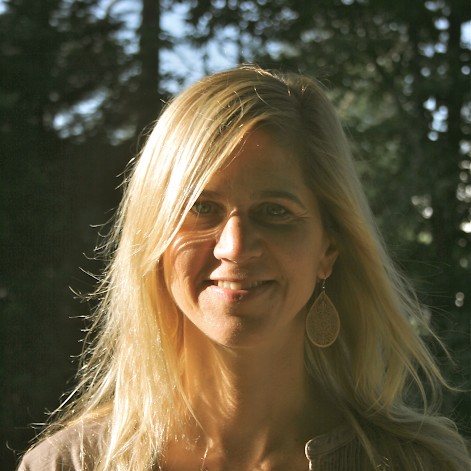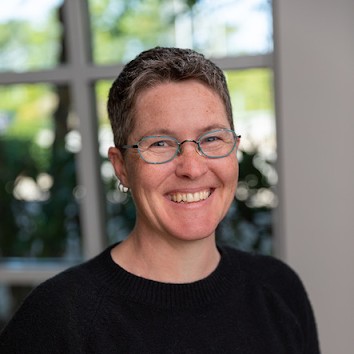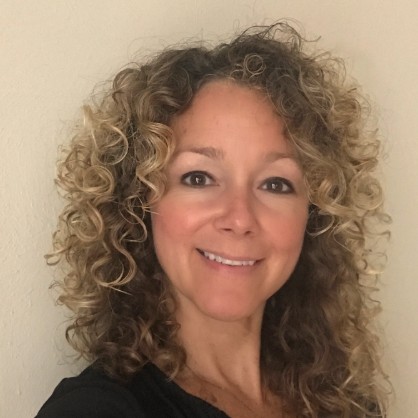Rainbow Connections MasterClass Series
Creating a School-wide Interconnected System of Care for LGBTQ+ Students
January 14, 2026

Learning Objectives
- Describe the importance of interconnecting school and community services to support LGBTQ students
- Identify 1-2 strategies for assessing existing systems of support across the implementation cascade (state, district, school)
- Identify 1-2 strategies for deepening interconnection and alignment of supports within a continuous improvement cycle
Presenters

Susan Barrett
Susan Barrett serves as Co-Director, Technical Assistance School Behavioral Health Team at the University of South Carolina and Implementer Partner at the Center on PBIS. She delivers support to states and districts nationwide and co-led the development of the Interconnected Systems Framework (ISF). ISF applies the principles of Positive Behavioral Interventions and Supports (PBIS) to create a comprehensive school mental health system that seamlessly integrates education, family, and community. ISF aims to ensure that social-emotional-physical health and behavioral interventions are accessible to all students, fostering a holistic ecological approach to student well-being. Susan has been published in the areas of large-scale adoption of PBIS, mental health, cost-benefit analysis, advanced tier system development, and adoption of evidence-based practices in schools.

Dr. Jennifer Freeman
Dr. Jennifer Freeman is a professor in the Department of Educational Psychology at the University of Connecticut and is a partner with the National Center on Positive Behavioral Interventions and Support (PBIS). Dr. Freeman studies the effects of multi-tiered systems of support such as Positive Behavior Interventions and Supports (PBIS) on outcomes at the high school level for high-risk student groups, including students with disabilities. She is particularly interested in improving graduation rates across and within student groups. She also studies professional development methods for improving teacher’s use of evidence-based classroom management strategies. Dr Freeman leads a national crisis preparation response and recovery workgroup within the Center on PBIS and has over 10 years of experience supporting schools, districts, and states in recovery efforts following incidents of school or community violence. This work includes supporting short- and long-term recovery efforts as well as prevention and preparation efforts at the district and state levels. She currently teaches undergraduate and graduate courses in the special education program. Prior to joining the faculty at the University of Connecticut, she had 10 years of special education teaching experience across grades K-8 in both urban and rural school settings and served as a K-12 district-level consultant working to implement PBIS and Response to Intervention (RtI) strategies.

Kimberly Yanek, PhD, CPIC
Kimberly Yanek, PhD, CPIC, serves as a Co-Director of Technical Assistance for the School Behavioral Health Team at the University of South Carolina and an Implementer Partner with the Center on Positive Behavioral Interventions and Supports (PBIS). She recently completed her Certified Professional Integrative Coaching degree, through Integrative Intelligence Coaching, an organization certified through the International Coaching Federation Foundation. Integrative Intelligence Coaching focuses on the wholeness of human being and potential to support growth. Kimberly integrates this coaching approach into her work in partnership with organizations, communities, and individuals to support transformational change. Kimberly has published in the areas of evidence based social emotional behavioral supports, systems of wellness, positive classroom behavior supports, and supports for students with disabilities. Her career in currently focuses on organizational change and adult learning, but it began in the classroom as a special education teacher.
